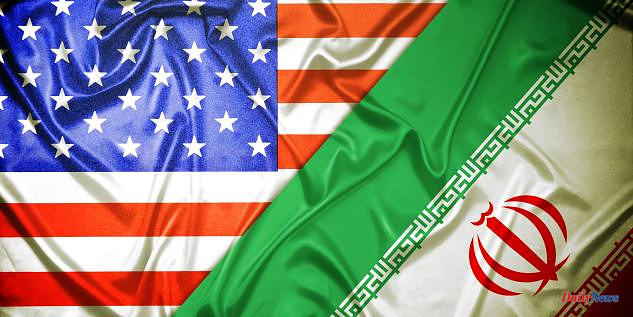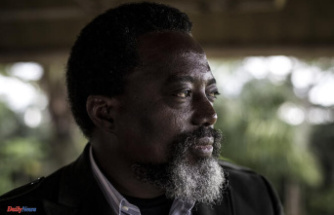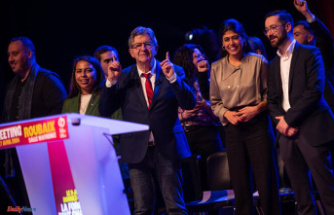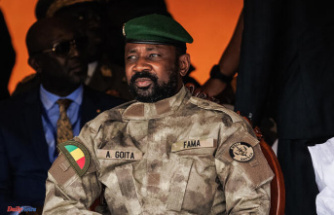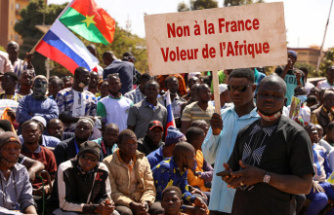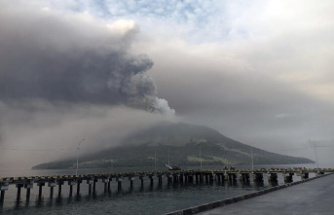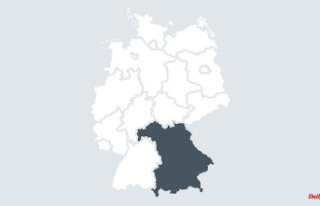Now? Now Joe Biden is under increasing pressure to expedite the conclusion of negotiations with Tehran, following the latest outbreak of nuclear disease between Iran and the international community. The President of the United States has to make a tough choice. Either he will let go and risk being accused of weakness in regard to one America's most hated enemies, the Republican opposition, a few months prior to the November legislative elections; or he will declare the failure of diplomacy at the risk that a major crisis in the Middle East could erupt amid the Russian-Ukrainian conflict.
Ali Vaez, conflict prevention group International Crisis Group, stated to AFP that "at this stage, things could go both ways." He said that the tensions in the last days could push Washington and Tehran leaders to reach a compromise or cause another cycle of escalation, which would only make matters worse.
The Democratic president was betting on quick negotiations to revive the 2015 Iranian nuclear accord, which his Republican predecessor Donald Trump had abandoned. Today, however, the Vienna talks remain deadlocked.
This situation is only getting worse. According to the International Atomic Energy Agency's (IAEA) findings, Iran was accused of exceedingly enriched uranium required for the production of an atomic weapon. However, Iran also failed to respond to the agency's concerns about suspicious activities. The United States and Europeans issued a formal request to order that was voted by UN agency. Tehran quickly responded and removed 27 surveillance cameras from its nuke program.
Washington's 2015 agreement supporters believe these events are proof that the text, also known as the JCPOA in English, is the only way that Iran can acquire a bomb. They even think that Joe Biden made a few concessions to save it. Detractors, mostly Republicans, view it as insufficient because Iran doesn't cooperate with international inspectors.
The nuclear advancements Tehran made in the last months "are not sufficient to get the Biden Government to change its stance," then what is? Behnam Ben Taleblu, of the Foundation for Defense of Democracies (a think tank that opposes the 2015 agreement), asks. He asks Trump to return to Trump's "maximum pressure" but with a "multilateral edition." ".
Critical voices are rising even on the Democratic side. Senator Bob Menendez, an influential senator, wonders "when will government finally recognize Iran's nuclear advancement"? It is worth renewing the JCPOA. In fact, it seemed that the Biden camp was coming to terms with the status quo in recent months. Ali Vaez summarized this as: "No deal. No crisis."
The Americans warned that they had only "a few more weeks" to reach an agreement in December. However, the deadline passed without any results and now they refuse to give another deadline. Thursday, June 9: Washington maintained its vagueness regarding its intentions.
Antony Blinken, the US Foreign Minister, has warned that Tehran's recent "provocations" could lead to an "escalated nuclear crisis" as well as "increased economic & political isolation of Iran." He also stated that he wanted to save the nuclear agreement, but he did not close the door to diplomacy. It was clear that the United States would respond to its relaunch "strongly" to national security interests at this stage.
Randa Slim, a Middle East Institute researcher, worries about the persistence of "this grey area" where everyone assumes the Vienna talks failed but nobody wants to declare it. She said that the Biden administration faces a dilemma. "If it declares the negotiations finished," experts claim Tehran is closer to nuclear status than ever before. "They will have to act." Or, "to accept an Israeli intervention", as the hawks push for military strikes on Iranian nuclear sites.
Ali Vaez believes that tensions with IAEA have "shown both sides" the status quo is "really unsustainable". He argues that Joe Biden is under a lot of pressure because there have been "two countdowns". The "technical counter" brings the Islamic Republic closer to a nuclear weapon. This will force the US Congress to take more decisive action. The other is "the political countdown", as the United States nears midterm legislative elections.

